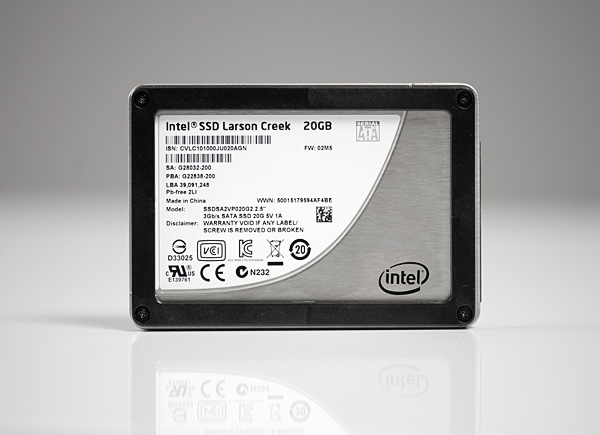Introduction, Package Contents, and Specifications
Today we continue with the second part of our series of 750W power supplies. The Corsair TX V2 is the second 80 Plus Bronze certified PSU with non-modular cables that we're looking at for this range. Corsair might be a leading manufacturer of RAM modules and SSDs, but power supply quality depends largely on the ODM and their design. The big question of the PSU source is easy to answer. Seasonic is the company behind many Corsair products—and they're definitely a good choice, much better than using CWT like the original TX750—but what about the internal design and components?
Corsair's TX V2 750W includes a power cord for the American power grid, four screws, one Corsair sticker (for your case), and a manual. The latter is more like a warranty agreement than a helping hand. There is an installation guide, but the warranty part shows some interesting limitations. "[Corsair] shall not be liable for any special, incidental, indirect or consequential damages [...] including [...] loss of profits, revenue, or data." So the 5-year warranty won't help you, other than getting a new PSU should the TX750 go belly up. Don't worry, though; these are common terms and are present with nearly every PSU.
Read More - http://www.anandtech.com/show/4311/corsair-tx750-v2-new-and-improved
Welcome to Jack-O-Bytes Reviews. This website reviews hardware and software available for computers. I also write step by step guides for hardware and software related tasks.
Showing posts with label Corsair. Show all posts
Showing posts with label Corsair. Show all posts
Tuesday, 17 May 2011
Friday, 13 May 2011
Z68 SSD Caching with Corsair's F40 SandForce SSD
I have to admit that Intel's Z68 launch was somewhat anti-climactic for me. It was the chipset we all wanted when Sandy Bridge first arrived, but now four months after Sandy Bridge showed up there isn't all that much to be excited about - save for one feature of course: Smart Response Technology (aka SSD caching). The premise is borrowed from how SSDs are sometimes used in the enterprise space: put a small, fast SSD in front of a large array of storage and use it to cache both reads and writes. This is ultimately how the memory hierarchy works - hide the latency of larger, cheaper storage by caching frequently used data in much faster, but more expensive storage.
I believe there's a real future with SSD caching, however the technology needs to go mainstream. It needs to be available on all chipsets, something we won't see until next year with Ivy Bridge. Even then, there's another hurdle: the price of the SSD cache.
I believe there's a real future with SSD caching, however the technology needs to go mainstream. It needs to be available on all chipsets, something we won't see until next year with Ivy Bridge. Even then, there's another hurdle: the price of the SSD cache.
For $110 today you can either get a 20GB Larson Creek drive from Intel, or a 40GB SF-1200 based SSD from Corsair. Given how well SandForce's SSDs perform on their own, I wondered how one would stack up as a SSD cache
Subscribe to:
Posts (Atom)

